Number Recognition Science Worksheets for Ages 3-7
10 filtered results
-
From - To
Explore our engaging Number Recognition Science Worksheets designed for children ages 3-7! Perfect for early learners, these worksheets combine excitement with education, helping young minds grasp essential number concepts through playful activities. Our resources encourage active participation, making counting and number identification fun while promoting scientific thinking. With colorful illustrations and easy-to-follow instructions, these worksheets foster essential cognitive skills and build a strong foundation for future learning. Whether at home or in the classroom, our Number Recognition Science Worksheets provide valuable support for educators and parents to enhance early math proficiency. Start your child's journey to number mastery today!


Robot Printable


African Wildlife: Giraffe Worksheet
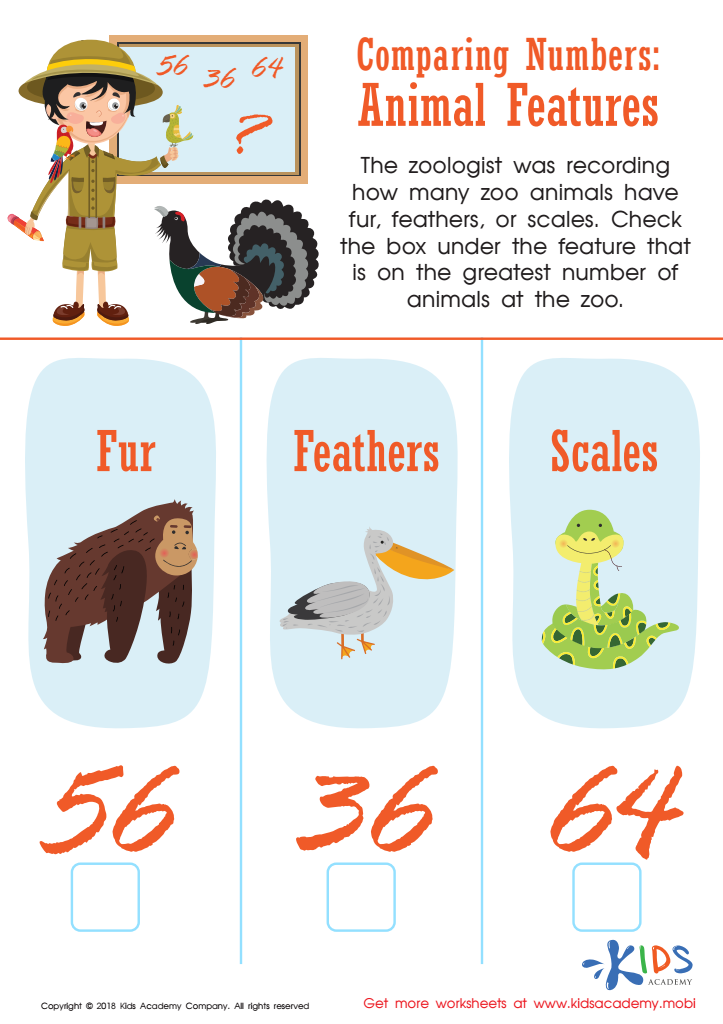

Animal Features Worksheet
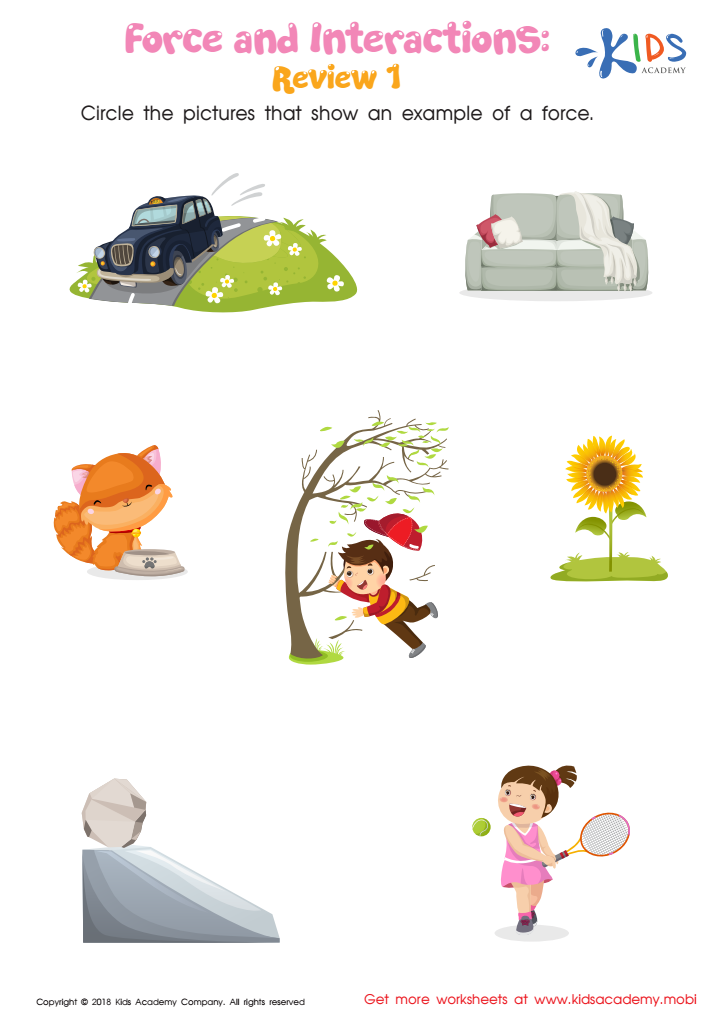

Force and Interactions: Review 1 Worksheet
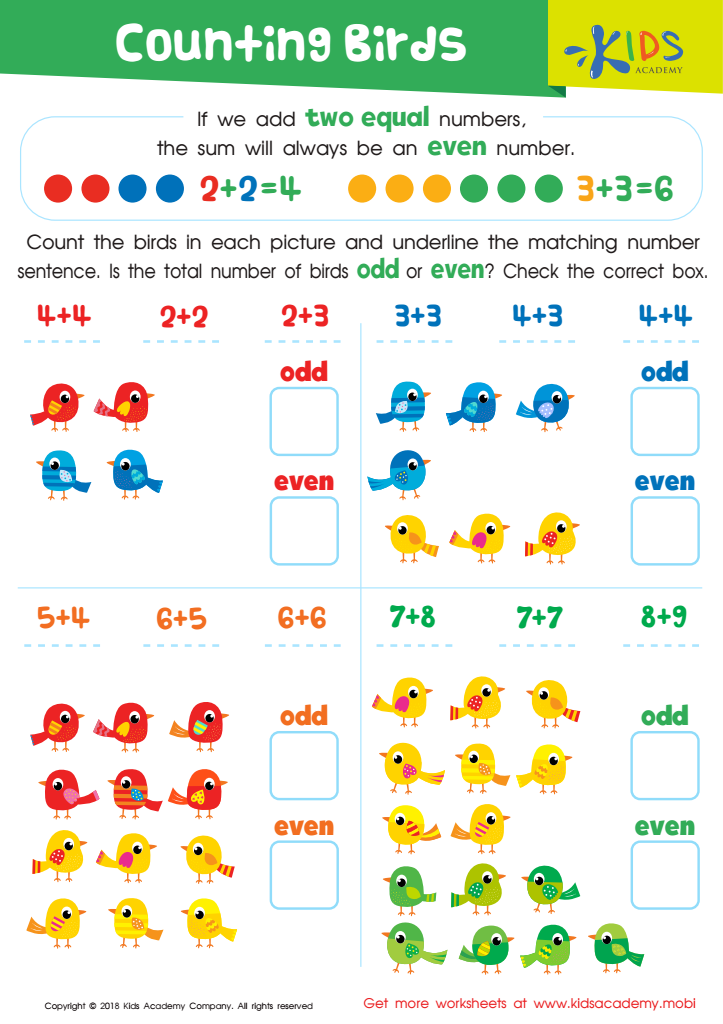

Counting Birds Worksheet


More Octopus Facts Worksheet
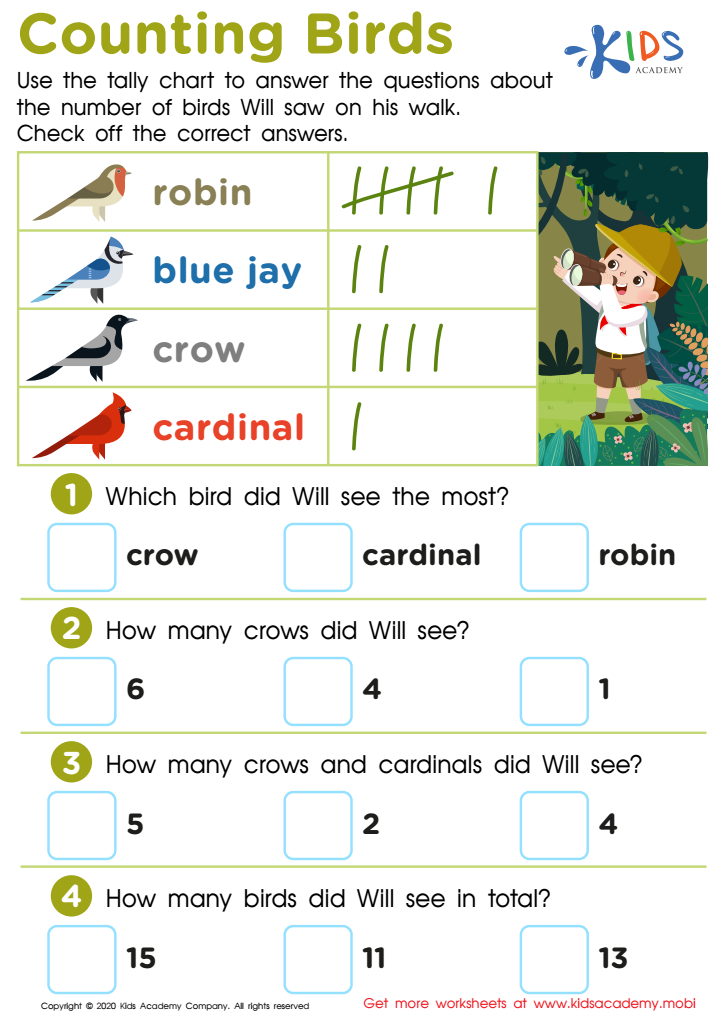

Counting Birds Worksheet
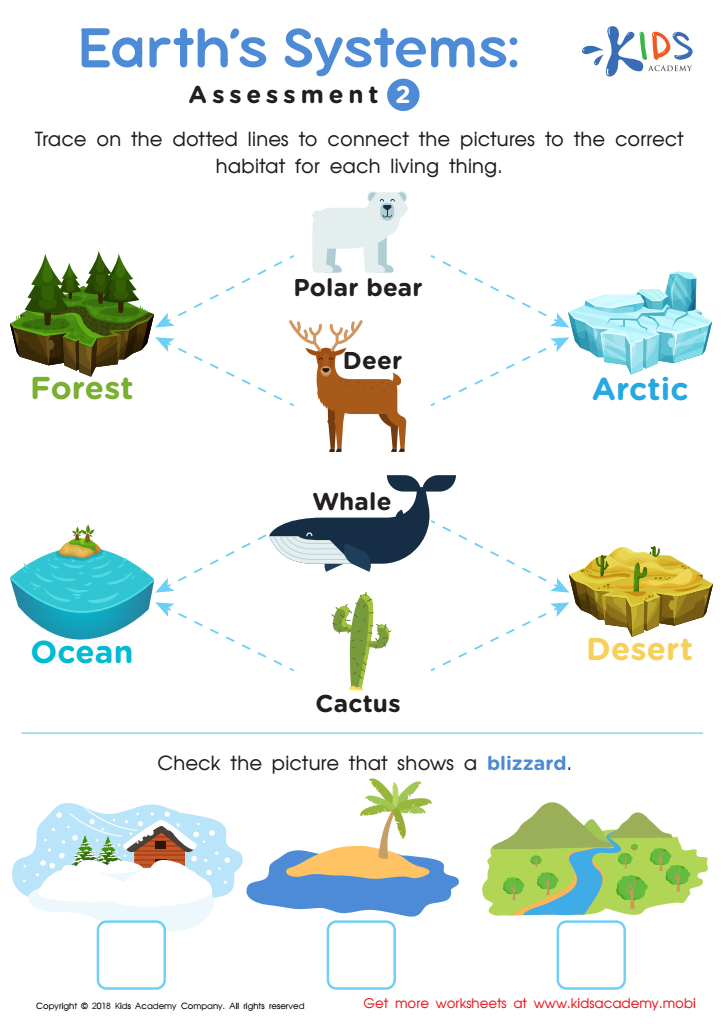

Earth's Systems: Assessment 2
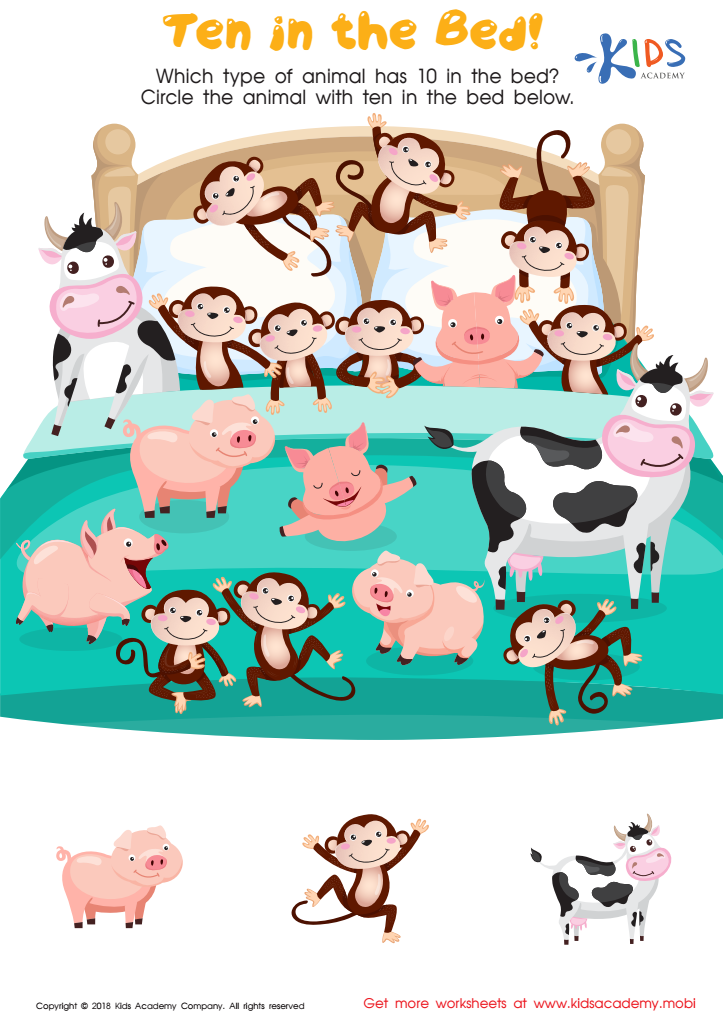

Ten in the Bed Worksheet
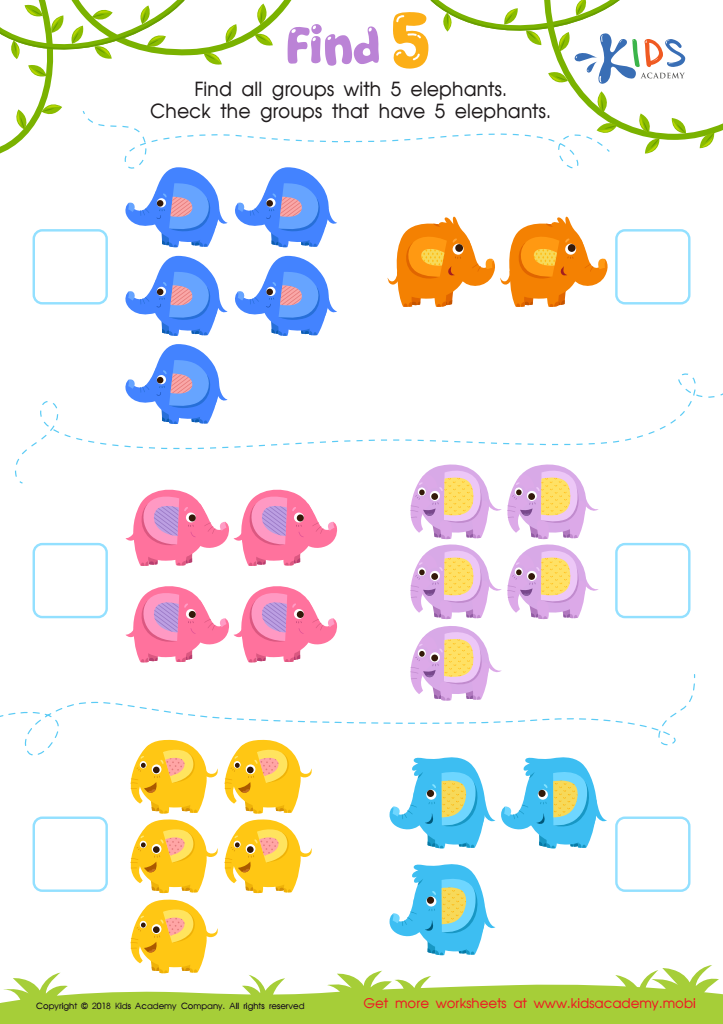

Find 5 Worksheet
Number recognition is a critical skill for children aged 3 to 7 as it forms the foundation for their mathematical understanding. When parents and teachers prioritize number recognition, they are fostering essential cognitive development. Recognizing numbers enables children to identify quantities, understand basic counting principles, and grasp early mathematical concepts. These skills are pivotal for their overall numerical fluency and problem-solving abilities in later years.
Understanding numbers also enhances children's confidence in their learning environment. It equips them to engage in everyday activities such as shopping or cooking, where numerical concepts naturally apply. Young learners develop a sense of literacy and familiarity with their world through playful number recognition activities, making learning enjoyable and relatable.
Moreover, research suggests a strong correlation between early number recognition skills and future academic success in mathematics. Supportive early experiences can significantly mitigate math anxiety, leading to a more positive attitude towards math throughout their education.
Investing time in number recognition can help both parents and teachers identify any potential learning gaps, allowing for early intervention. In summary, by caring about number recognition, adults set their children on a positive path to academic achievement and life skills.
 Assign to My Students
Assign to My Students









.jpg)









